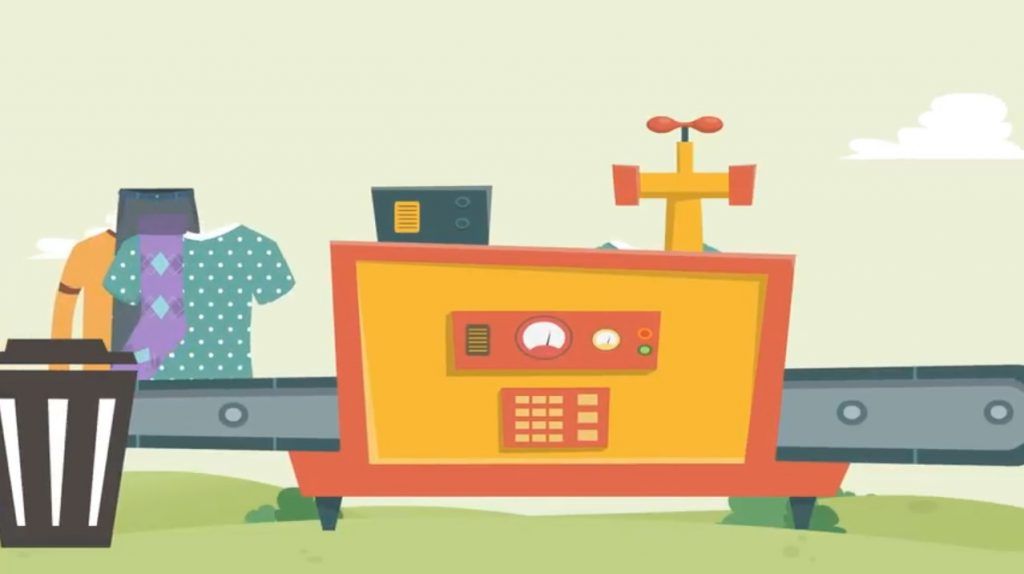Advance Nonwoven, a Danish company based at Møllerup Gods in Rønde, Jutland, has patented a new technology which utilises renewable resources to create new products.
The company was established in 2006 with the aim of creating sustainable and renewable products made from natural fibres, waste or recycled material.
The company is working together with the innovations network, Lifestyle and Design Cluster and the environmental protection agency Miljøstyrelsen on a project called Textilemill.
READ ALSO: African countries propose ban on imports of second-hand clothes
The circular economy
The idea of the mill uses the ‘circular economy’ concept, where there is a closed circuit in which discarded material is reused and exploited as much as possible instead of just being burnt, as happens now.
Textiles are automatically sorted into piles of individual pieces which are then put through a shredder unit. This breaks down the long and short fibres into clean fractions. In this way, it will ultimately be possible to spin the ‘clean’ short fibres into non-woven material and the long fibres into yarn (see video below).
Ultimately, the aim is to establish a pan-Nordic Textilemill system and it could open the door for a new industry cluster in Denmark.
Active consumers wanted
“We face some really big environmental challenges and we need to look at alternative methods to recycle material in the clothing we wear every day,” Isabella Holmgaard, project leader at Lifestyle and Design Cluste, told DR Nyheder.
“At the moment, we are in discussions with a very big international company. On top of this, we need the help of active consumers who are willing and able to return used textiles.”
There are still a few minor problems remaining before the textile mill can be properly utilised.
Up to now, the process has managed to convert bedding into insulation material. But there are several clothing companies who have already shown an interest in recycling their textiles.















